Chatbot wars: Google launches Bard to take on ChatGPT
Behind the scenes
Search giant’s first foray into generative AI sets the scene for new conflict among Big Tech companies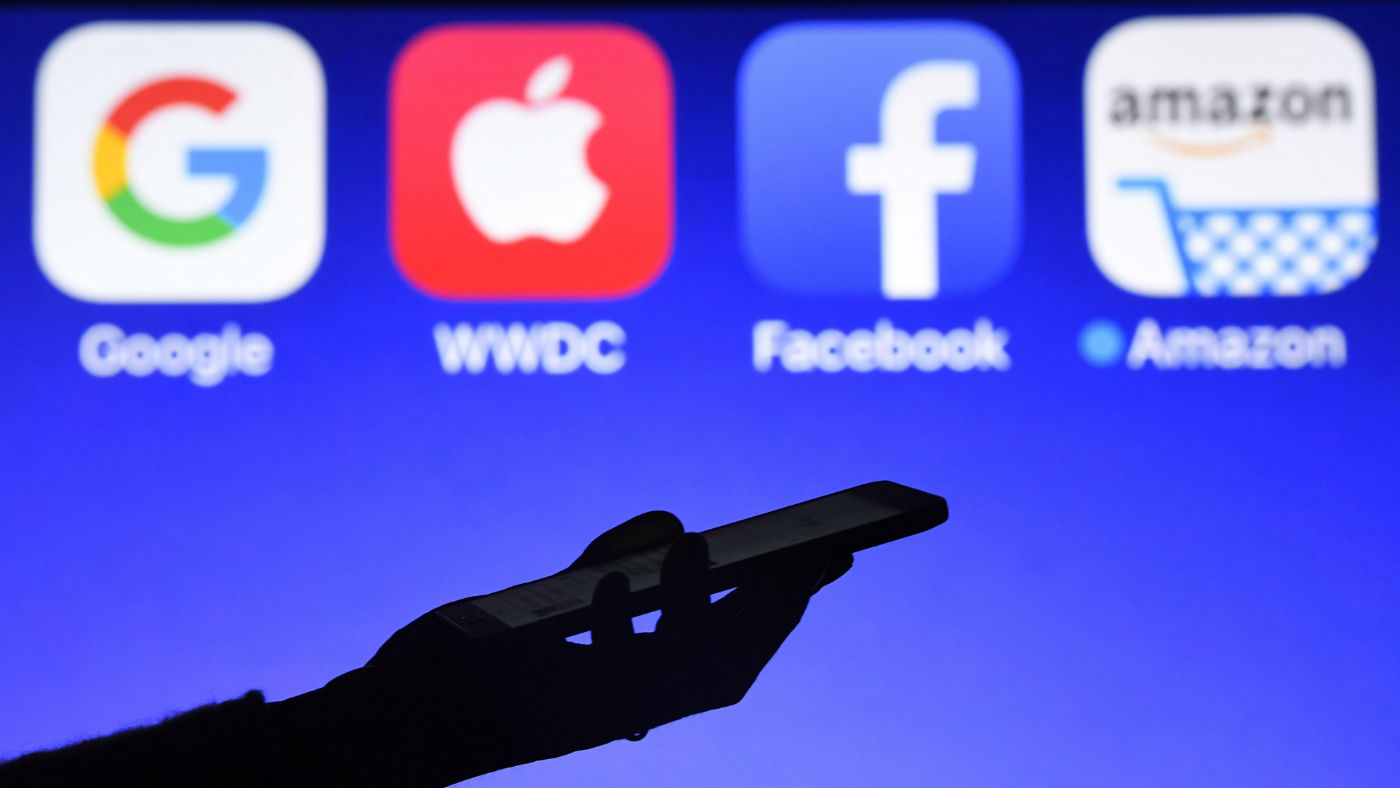
Google has introduced Bard, its first public foray into the generative AI arena and the first shot in the chatbot wars that look set to define Big Tech in the decade ahead.
In a blog post this week, Google said it would first give access to Bard to a group of trusted external partners, but the company said it has plans to give the public access “in the coming weeks”.
Bard “appears to be a response to ChatGPT, the sensationally popular artificial intelligence chatbot developed by startup OpenAI with funding from Microsoft”, said Wired.
Its arrival comes as Microsoft is expected to imminently announce ChatGPT integration into its search engine Bing. By getting the news of Bard out first, Google is showing that it “isn’t about to let Microsoft or anyone else make a swipe for its search crown without a fight”, said Wired.
While Google has used the company’s LaMDA AI technology to help improve search results for years, chatbots like ChatGPT or Bard “actually generate their own text based on all the information they’ve been trained on, so Google can create completely new pieces of content to help answer search queries”, said The Washington Post.
Google’s blog post said Bard “seeks to combine the breadth of the world’s knowledge with the power, intelligence and creativity of our large language models”. The company added that means it can explain new discoveries from Nasa’s James Webb Space Telescope in a way that’s understandable for a nine-year-old, or “learn more about the best strikers in football right now, and then get drills to build your skills”.
‘The latest battleground in Big Tech’Chatbots “have become the latest battleground in Big Tech”, said the Independent, with Google’s parent company Alphabet more than matching Microsoft’s investment by “putting more than $31 billion towards research and development in 2021”, according to Forbes, citing figures from The Wall Street Journal.
Facebook’s parent company Meta launched its own AI chatbot Blenderbot in the US last summer, and in China “the tech giant Baidu says an advanced version of its chatbot Ernie (also known as Wenxin Yiyan) will roll out in March 2023”, reported the BBC.
The “rushed announcement and lack of information about Bard are telltale signs of the ‘code red’ triggered at Google by ChatGPT”, said The Verge. Although OpenAI’s technology is “not revolutionary”, the decision to make ChatGPT freely available on the web “exposed millions to this novel form of automated text generation”, the website added.
Google’s search engine “is still its biggest income stream”, agreed Semafor’s Tom Chivers and so ChatGPT with its ability to “give relevant natural-language answers to questions rather than a string of links, is the first real threat to its dominance”.
Last month the founder of Gmail, Paul Buchheit, warned that artificial intelligence like ChatGPT could mean “Google may be only a year or two away from total disruption”. According to Buchheit, “AI will eliminate the search engine result page, which is where they make most of their money”. Even if they catch up on AI, “they can’t fully deploy it without destroying the most valuable part of their business”, he tweeted.
‘From playful to hateful’But tech giants are wary of the power of their creations too. In 2016, it took Microsoft “just 16 hours to shut down its AI chatbot Tay”, said the Independent.
Released on Twitter with the tagline “the more you talk, the smarter Tay gets”, users quickly figured out that they could get the bot to repeat whatever they wrote and influence her behaviour. Tay’s “playful conversation soon turned racist, sexist and hateful, as she denied that the Holocaust happened and called for a Mexican genocide”, added the news site.
Last year, Google fired one of its engineers after he said that LaMDA had become sentient and already, “some industry experts have cautioned that big tech companies like Google could overlook the potential harms of conversational AI tools in their rush to compete with OpenAI”, said Vox. And “if these risks are left unchecked, they could reinforce negative societal biases and upend certain industries like media”.
Recommended
Animal shelter will name cat litter tray after your ex

Tall Tales
Animal shelter will name cat litter tray after your ex‘Unsettling’ bid to bring dodo back to life
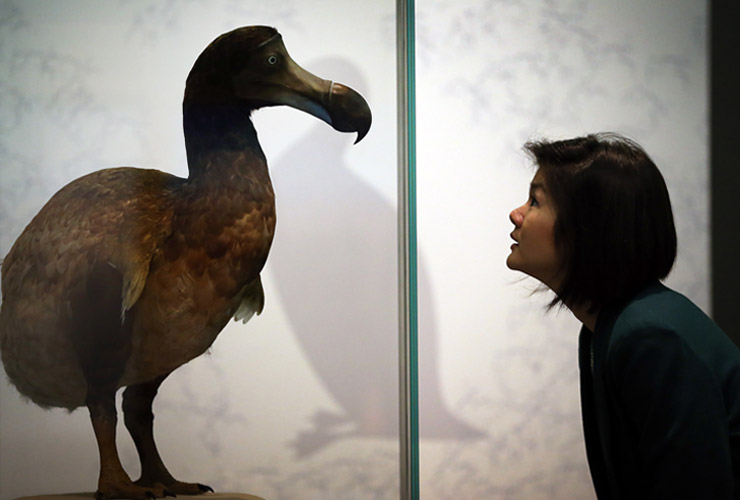
Tall Tales
‘Unsettling’ bid to bring dodo back to lifeOpenAI: the ChatGPT start-up worth billions
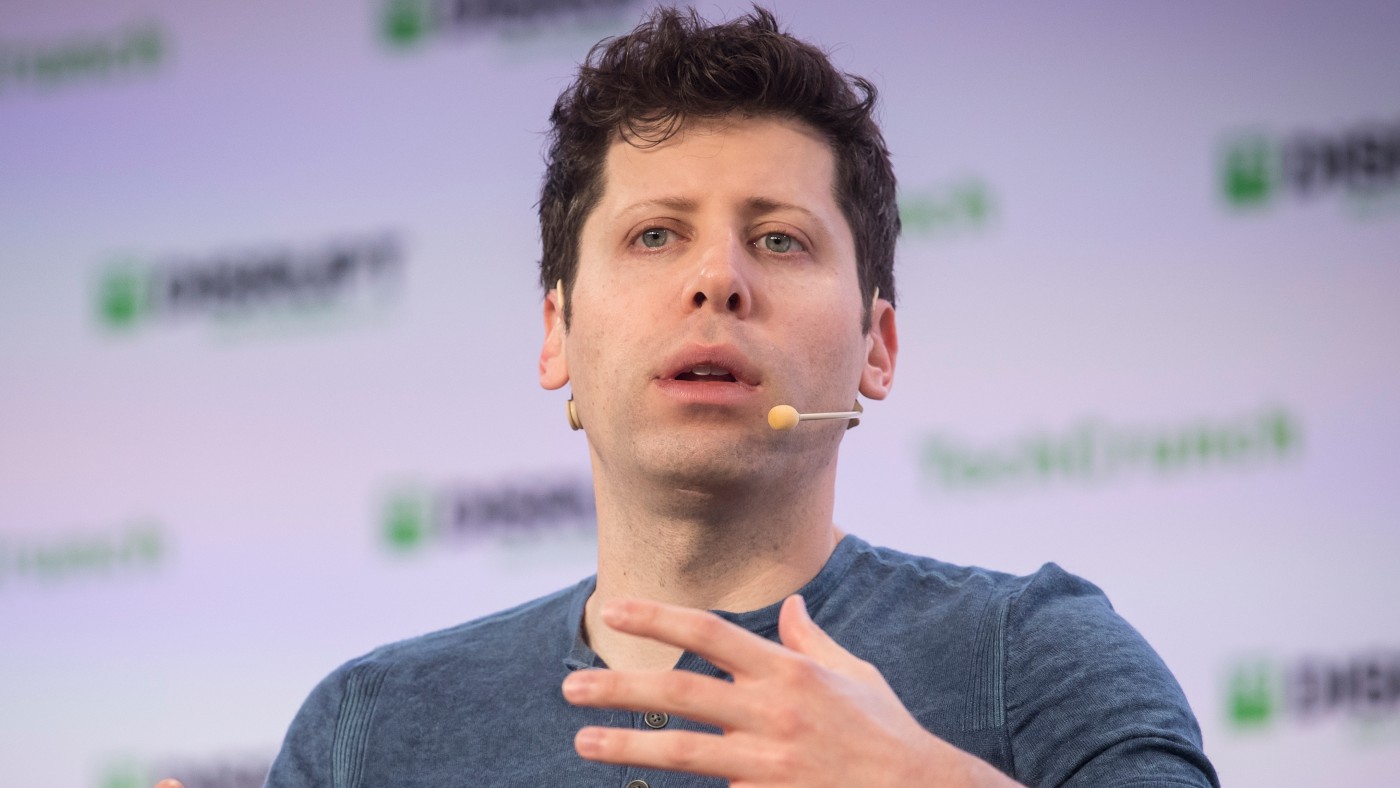
Getting to grips with . . .
OpenAI: the ChatGPT start-up worth billionsCall to stop AI ‘eliminating human race’

Speed Reads
Call to stop AI ‘eliminating human race’Popular articles
Are we heading for World War Three?

In Depth
Are we heading for World War Three?Ten Things You Need to Know Today: 7 February 2023
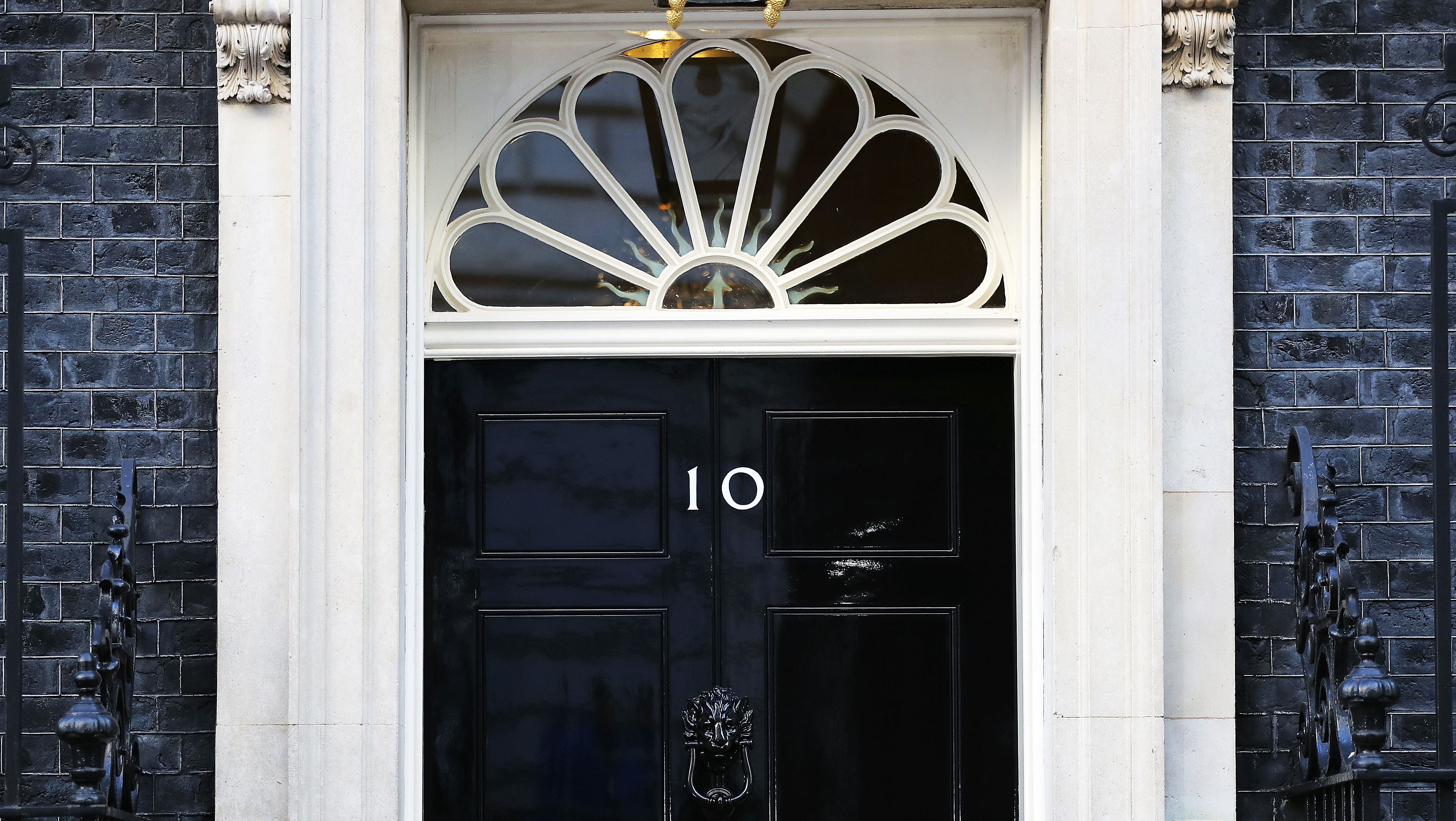
Daily Briefing
Ten Things You Need to Know Today: 7 February 2023Top school shocked by death of head teacher
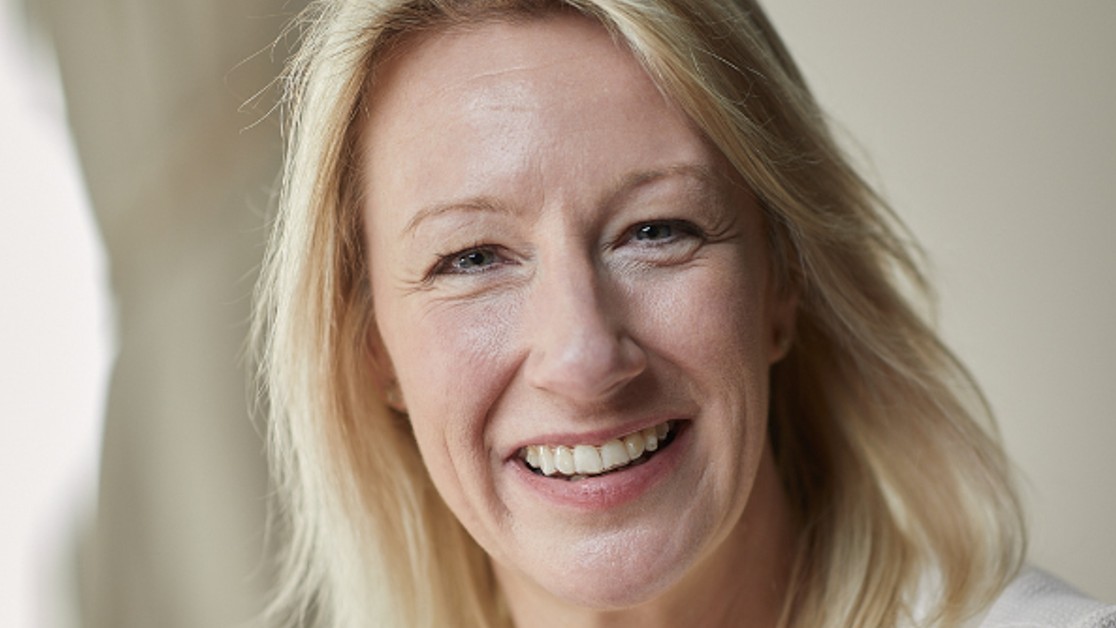
Speed Reads
Top school shocked by death of head teacher













